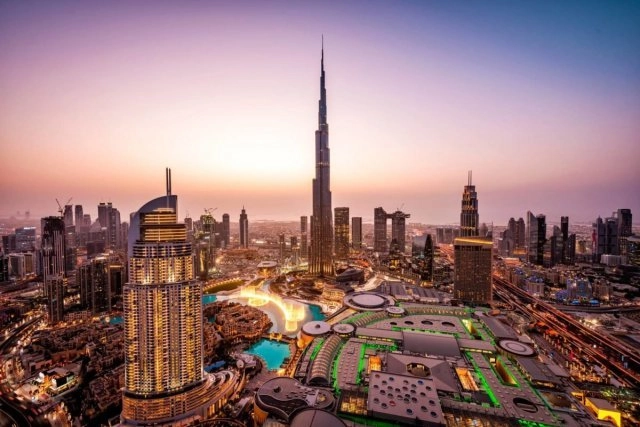Can you own 100% property in Dubai?
Yes, foreigners, both non-residents and expatriate residents, can fully own property within designated freehold areas in Dubai. These areas are designed to facilitate foreign investment, allowing individuals to obtain freehold ownership rights without restrictions. Additionally, options for usufruct rights or leasehold rights up to 99 years are available, making Dubai an attractive destination for international property investment.
Is 2024 a good time to invest in Dubai?
Yes, 2024 is a promising year to invest in Dubai's property market. The market continues to demonstrate robustness and resilience, bolstered by strategic initiatives, significant regulatory reforms, economic diversification, and extensive infrastructure developments. These factors create a favorable investment climate, making it an excellent time for buying and selling properties in Dubai.
Do I have to pay property tax if I live abroad?
Residents living abroad are not required to pay property tax. However, if the property is intended for commercial purposes, a 5% VAT is applicable.
How much can I earn by renting a property?
With a long-term lease, you can expect an annual income of approximately 8% of the property’s value. Opting for short-term rentals can yield up to 15% of the property’s value annually.
When can a buyer sell a property?
According to UAE legislation, there is no mandatory period of real estate ownership before resale. Owners can sell their property even the day after its acquisition.
What is off-plan property?
Off-plan property refers to real estate that is in the preliminary or initial stage of construction. Essentially, it is property that is still under construction.
Can you get a mortgage in Dubai, and how?
Yes, banks in Dubai offer mortgage loans with various rates and terms for both ready-to-occupy properties and those under construction. Foreign citizens can also obtain international mortgages. To qualify, borrowers must:
- Hold citizenship from a bank-approved country.
- Have a stable income source.
- Pay a down payment, typically 20% of the property’s value.
- Meet the bank’s minimum monthly income requirement, which varies for UAE expats and non-residents.
- Be between 21 and 65 years old (if employed), while self-employed individuals can obtain mortgages until the age of 70.



